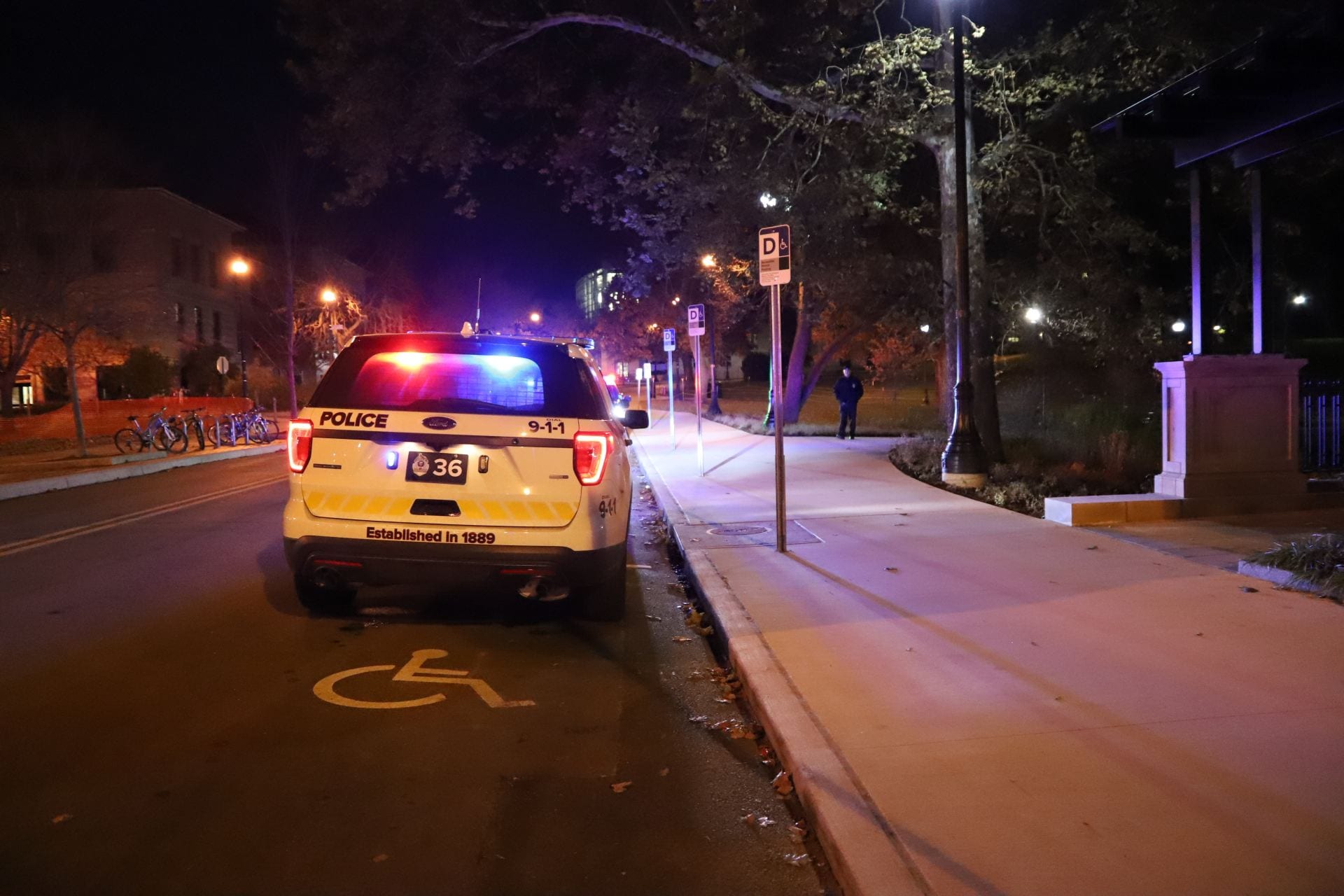It’s been more than 20 years since the Indigo Girls released their first independent album. Now, two major labels and 12 albums later, they have come full circle with the independently released “Poseidon and the Bitter Bug.”
The folk-rock duo’s newest album showcases the stark stylistic differences between singer/songwriters Amy Ray and Emily Saliers.
With little collaboration between the two, both Ray and Saliers wrote songs for the album in their respective musical styles. But after 20 years performing together, it is not surprising that cohesion never poses a problem. Ray’s edgy, harder rocking tunes balance well with Saliers’ soft, poppier songs. Alternating songs written by Ray and Saliers, the contrast keeps each song fresh and gives the album a nice flow.
Indigo Girls also released the album as a deluxe two CD set. The first disc features a full band orchestration, the second, a stripped down, acoustic version. The band makes an interesting artistic statement releasing two versions of the same 10 songs. It seems to be a reflection of the new and the old, their roots as a dominantly acoustic duo and their progression and exploration through a fuller rock sound.
Ironically, the acoustic version brings more life to the music. The intricacy of their vocal harmonies is more exposed and the folk guitar more raw. “True Romantic,” when stripped down and simplified, becomes more haunting and powerful than its electric counterpart. And in “Salty South,” which only appears on the acoustic disc, the duo creates a rich, more complex melody by adding banjo and harmonica, giving it the feeling of a Gillian Welch or Old Crow Medicine Show song. In general, the songs, written as reflections on life, love, hopes and dreams, are decidedly more authentic without a full band.
The electric version has its merits as well. The upbeat “Driver Education” and pop-driven “What Are You Like” reflect an ’80s synth-pop feel that gets lost in translation on the acoustic disc. The driving rhythm of the drums and bass and interesting blend of keyboard into their music adds texture and depth that can’t be recreated acoustically.
Moments of truly beautiful vocal and instrumental harmony appear frequently throughout the album, but the years have taken a noticeable toll on both voices. Unfortunately, it’s quite easy to distinguish the boundaries of both singers’ voices. Saliers’ high notes in “Love of Our Lives” come out sharp and unpleasant, making the song, at times, unbearable. Again in “Fleet of Hope,” the higher soprano notes reach an uncomfortable level. When they stick to their more natural, lower range, the interplay between melodic lines is actually quite striking.
For new and old fans alike, “Poseidon and the Bitter Bug” is worth the 36-minutes listen. It’s a culmination of Indigo Girls’ entire career, taking pieces of every album and every experience in order to create a solid and entertaining record.
April Bohnert can be reached at [email protected].


